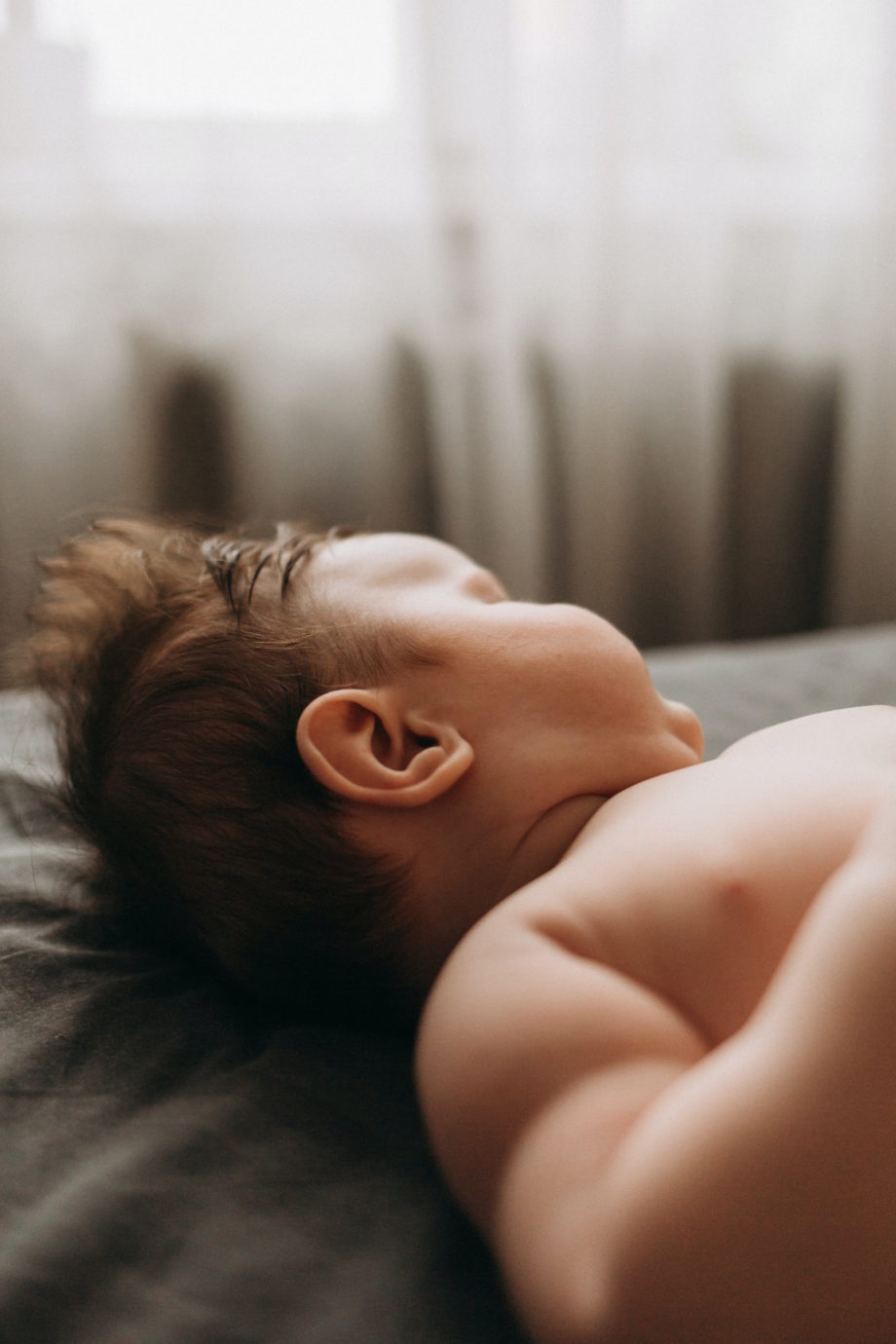Blisters on Newborn Lips

As a foremost expert on blisters on newborn lips, I understand the concerns and questions that parents may have about this condition. Blisters on a newborn’s lips can be a worrisome sight, but understanding their causes and how to manage them can help ease your worries and ensure your baby’s comfort. In this article, we will explore the causes of blisters on newborn lips, whether they are normal, and how to treat and prevent them.
What causes blisters in newborn babies?
Blisters on newborn lips can be caused by a variety of factors, including breastfeeding, pacifier use, teething, and viral infections. Breastfeeding blisters, also known as milk blisters, occur when there is an obstruction in the milk duct, causing milk to back up and create a blister. Pacifier use and teething can also cause blisters on the lips due to excessive sucking and friction. Finally, viral infections like herpes simplex virus can cause painful blisters on the lips and mouth.
Are baby lip blisters normal?
Blisters on a newborn’s lips are relatively common and, in most cases, are not a cause for concern. Breastfeeding blisters are particularly common in newborns as they are still learning to latch properly. These blisters will often resolve on their own within a few days, and you can continue breastfeeding while keeping an eye on your baby’s comfort levels.
Do nursing blisters hurt babies?
While nursing blisters may cause discomfort in the mother, they do not typically hurt the baby. However, if the blister is causing difficulty for your baby to latch properly or if it becomes infected, your baby may become fussy and irritable. If you suspect that your baby is in pain or discomfort due to a blister, consult your pediatrician for guidance.
How do I get rid of milk blisters on my baby’s lips?
Milk blisters, which are a common cause of blisters on a newborn’s lips, can be treated by improving your breastfeeding technique. Ensure that your baby is latching correctly and is not compressing your nipple too tightly. Applying warm compresses to the affected area and gently massaging the area can also help relieve the obstruction and prevent the formation of new blisters.
Preventing blisters on newborn lips
While some causes of blisters on newborn lips cannot be prevented, there are steps you can
take to minimize your baby’s risk of developing them. Ensure that your baby is latching properly during breastfeeding, and avoid allowing your baby to excessively suck on pacifiers or teething toys. If your baby develops a blister on their lip, keep the area clean and dry, and avoid touching or popping the blister.
To sum up, although blisters on newborn lips can be worrying, they are usually not a serious concern and can be managed with proper care and attention. By understanding the causes and taking preventive measures, you can minimize the risk of your baby developing blisters on their lips. However, if you have any concerns or your baby’s blisters are causing discomfort, it’s important to seek guidance from your pediatrician. With proper care and attention, you can help ensure your baby’s comfort and health.

Comments are closed.